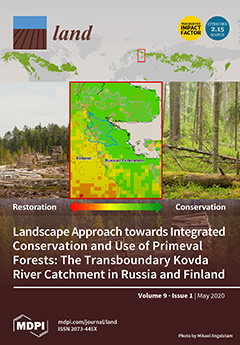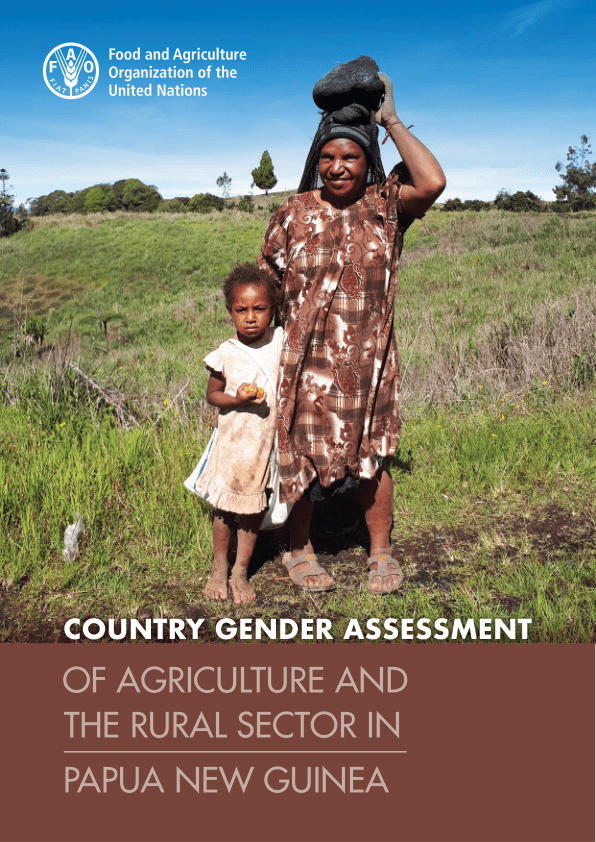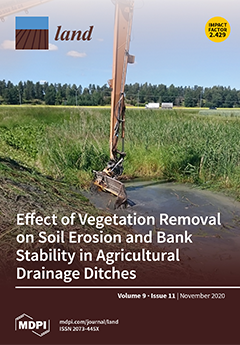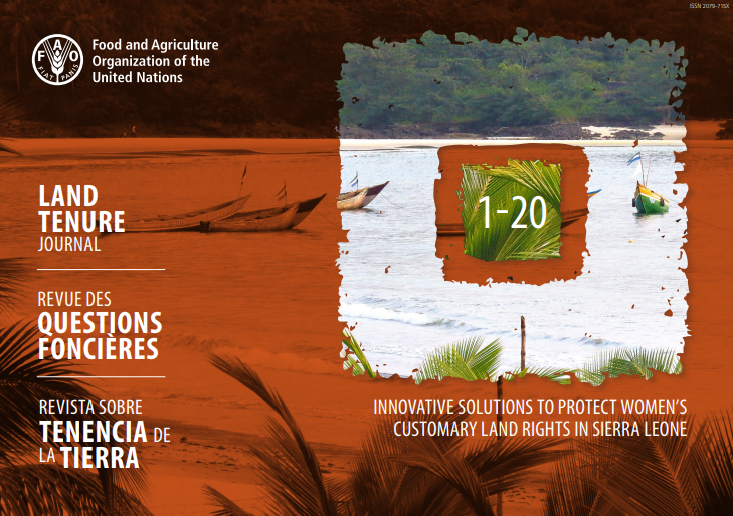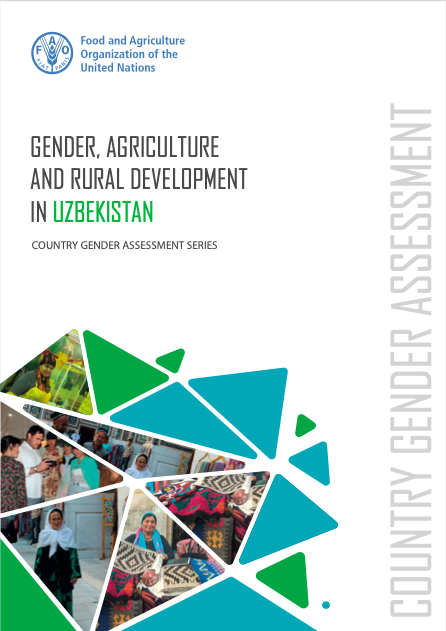Community Development through the Empowerment of Indigenous Women in Cuetzalan Del Progreso, Mexico
Women are an underappreciated economic force who, when empowered by association with a female organization, can be a catalyst for development. To assess the status of Indigenous rural women, as well as the mechanisms and impacts of their empowerment, this paper presents a case study of a community development approach based on the Masehual Siuamej Mosenyolchicacauani organization in Cuetzalan del Progreso, Puebla.

